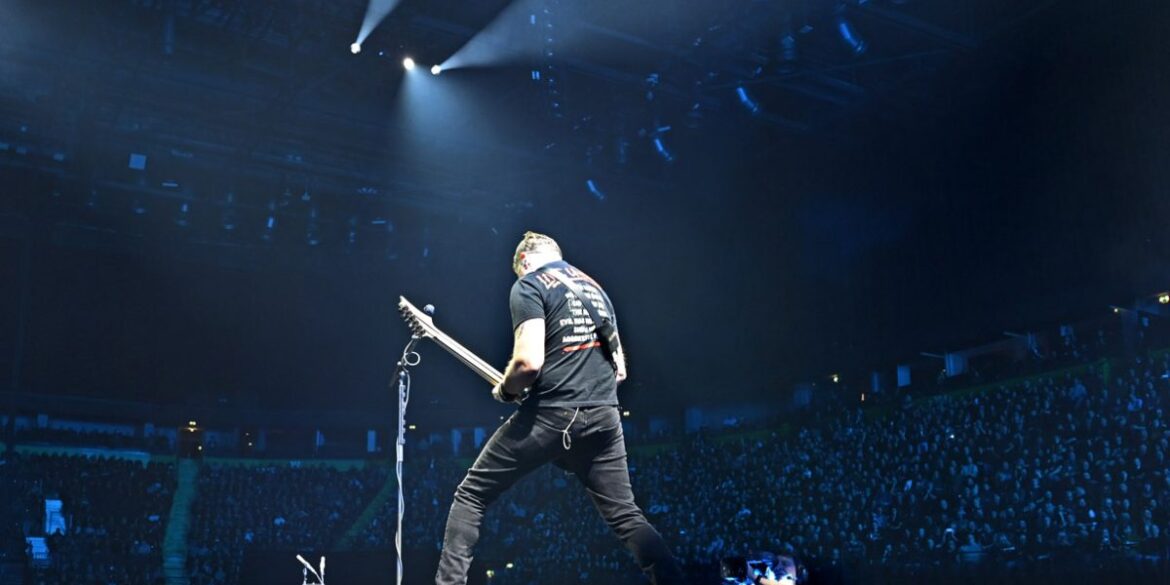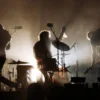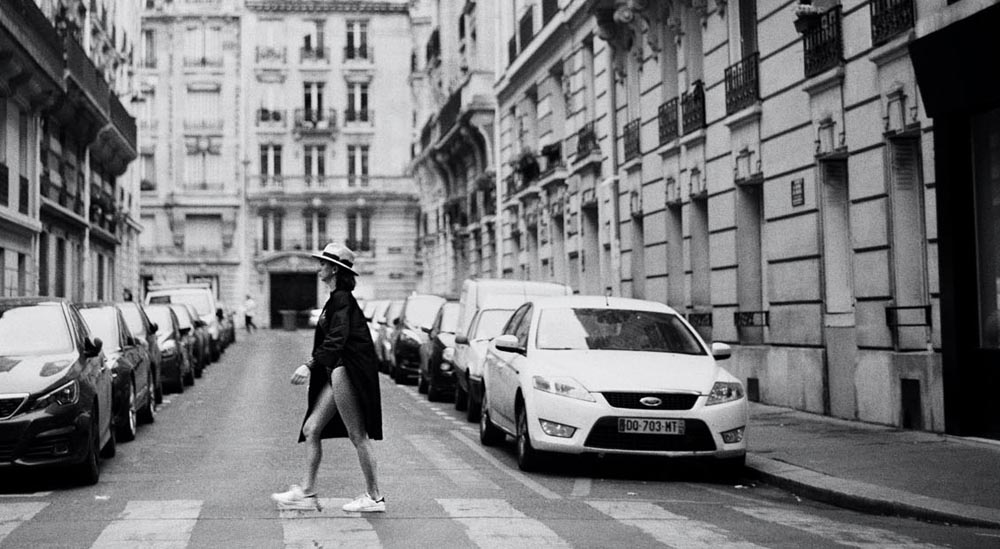The November air in Manchester carried the kind of damp chill that clings to skin, the kind that feels almost purifying. Inside the Albert Hall, though, the temperature was something else entirely. Stripped-down lighting, two microphone stands, sparse instrumentation: nothing grand, nothing distracting. And yet, as Kae Tempest walked quietly onto the stage, the room shifted. Minimalism became a magnitude. You could feel, instinctively, that everything that mattered was about to happen in the space between their breath and our silence.
This wasn’t theatre; it wasn’t spectacle. It was a revelation.
Tempest dismantled the performance itself, no choreography, no concealed script. Just a rhythmic articulation of selfhood, of truth gesturing toward something primal. Those seated in the upper galleries leaned forward, transfixed, as syllables poured like prayer and protest entwined. The cadence of their voice, equal parts spoken word, rap, and invocation, held the entire hall hostage in awe.
Much of the set centred around their recent self‑titled album, an introspective and quietly devastating body of work that finds Tempest navigating questions of identity, isolation, and rebirth. The live context stripped it even further, leaving only essence: voice, vulnerability, presence. At times, the performance felt like an act of radical exposure, a person holding up their insides for collective inspection but doing so with impossible grace.
The staging itself was almost monk-like. A projected light hovered in pale tones above them, softening the gothic bones of the room. The architecture of the hall, that haunting former Wesleyan chapel, became a cathedral once again, not to faith, but to feeling. Each pause carried weight; each breath, a sermon. When silence fell, it didn’t feel empty; it felt necessary.
There were moments when the audience seemed to inhale and exhale in unison. The pulse of the bass, minimal but deliberate, echoed like a heartbeat beneath Tempest’s verses. “I’m trying to find my way out of myself,” they spoke at one point, and the echo of that confession seemed to hang in the rafters, indistinguishable from prayer.
What makes Tempest extraordinary is how their mastery of language doesn’t veer into performance for performance’s sake. It is wielded with surgical precision; their words don’t decorate; they diagnose. They are both empathy and autopsy, cutting through complacency to reach the raw tissue of what it means to be alive right now. Every rhythm, every pause, every glance felt deliberate, yet unguarded, contradictions that only someone utterly sure of their craft can balance.
The Albert Hall itself contributed to this sense of holy understatement. Shadows shifted over Tempest’s face as though the building itself were breathing with them. There were no huge visual accompaniments, no grandiose gestures. Still, the intensity was overwhelming. In an age of overproduced performance, Tempest’s restraint felt like resistance.
The mood was one of collective contemplation, not excitement, not escapism, but awakening. It was as if we’d all wandered into a kind of confessional. When Tempest delivered their final pieces, words heavy with reflection and release, you could sense the unspoken understanding that what had transpired was singular and unrepeatable.
As the final notes faded into silence, there was no theatrical exit, no grand curtain call. Just stillness. The lights brightened gradually, illuminating faces glazed in that post-emotive sheen, the look of people who have been seen, maybe even healed, by empathy rendered in words.
Kae Tempest left the stage the same way they came onto it, quietly, humbly, resolutely human, and somehow the world outside Albert Hall felt changed, if only slightly recalibrated toward sincerity.
In a time that feels so loud, Tempest’s silence between phrases spoke the loudest.











